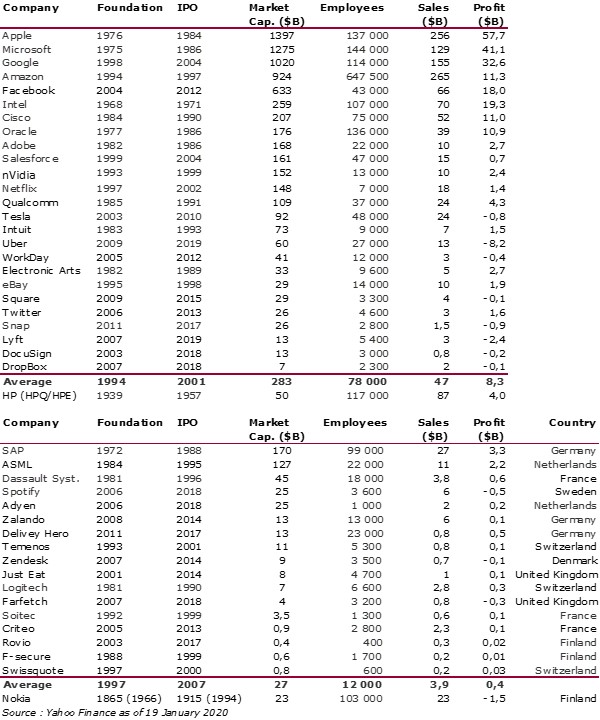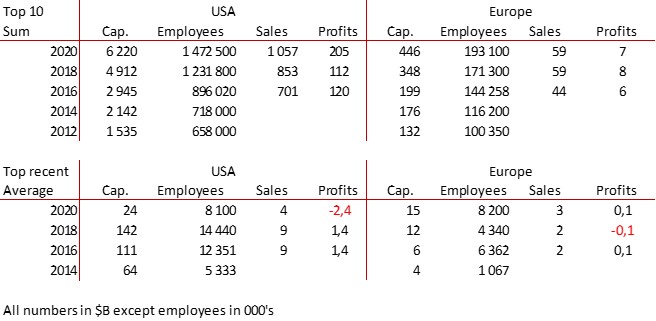Originally posted by Paddy
View Post
"EU" being "pro" open source is in no small part a move against US tech dominance, would it cannibalise its own market if Microsoft was a EU company?








Leave a comment: